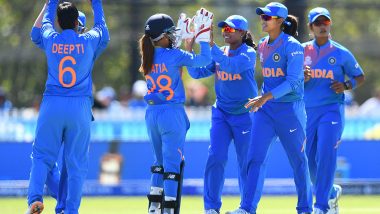
Status of nations that play cricket
International Cricket Council, (ICC), regulates test status. To be considered Test playing country, a country must play three Test matches in a given year. This level of achievement allows a country to join the Intercontinental Cup. It is a two-year competition for associate countries.
Ireland and Afghanistan received full membership in ICC recently, making them the 11th &12th Test playing nations. The ICC Board unanimously voted to approve the decision. Afghanistan and Ireland had previously applied to be made full members of the organization.

Association of cricket-playing states
Many countries enjoy cricket. Many of these countries are full members of International Cricket Council (ICC). These countries are able to send a representative team for official Test matches. They also have full voting rights at ICC meetings. They are also automatically eligible for playing ODIs as well as T20Is. Australia, New Zealand Sri Lanka and Zimbabwe are full members. Initially, some countries were members of the associate group but they later became full-members.
There are currently twenty nations that play One-Day International cricket. 10 of these nations were qualified to participate in last year's World Cup. Scotland was the only country not to have qualified. The coronavirus virus pandemic has put the sport in turmoil and exposed the dire financial state of wealthy cricket countries.
The global development group of ICC
The ICC's global team for developing cricket-playing nations is responsible to ensure the growth of cricket in these areas. The team oversees the running of qualifying events and administers the investment given to the 92 AMs by the ICC. This includes the ICC Development Funding Model.

International collaboration is the ICC’s key role for global development. It is vital that the organization collaborates with countries to share their best practices and make use of the region’s infrastructure to its best advantage. It is important that the organization engages with local partners to draw expertise in marketing, sponsorship, and other crucial partnerships. Many member nations only offer lip service to these disciplines, and lack the resources or time required to make them work.